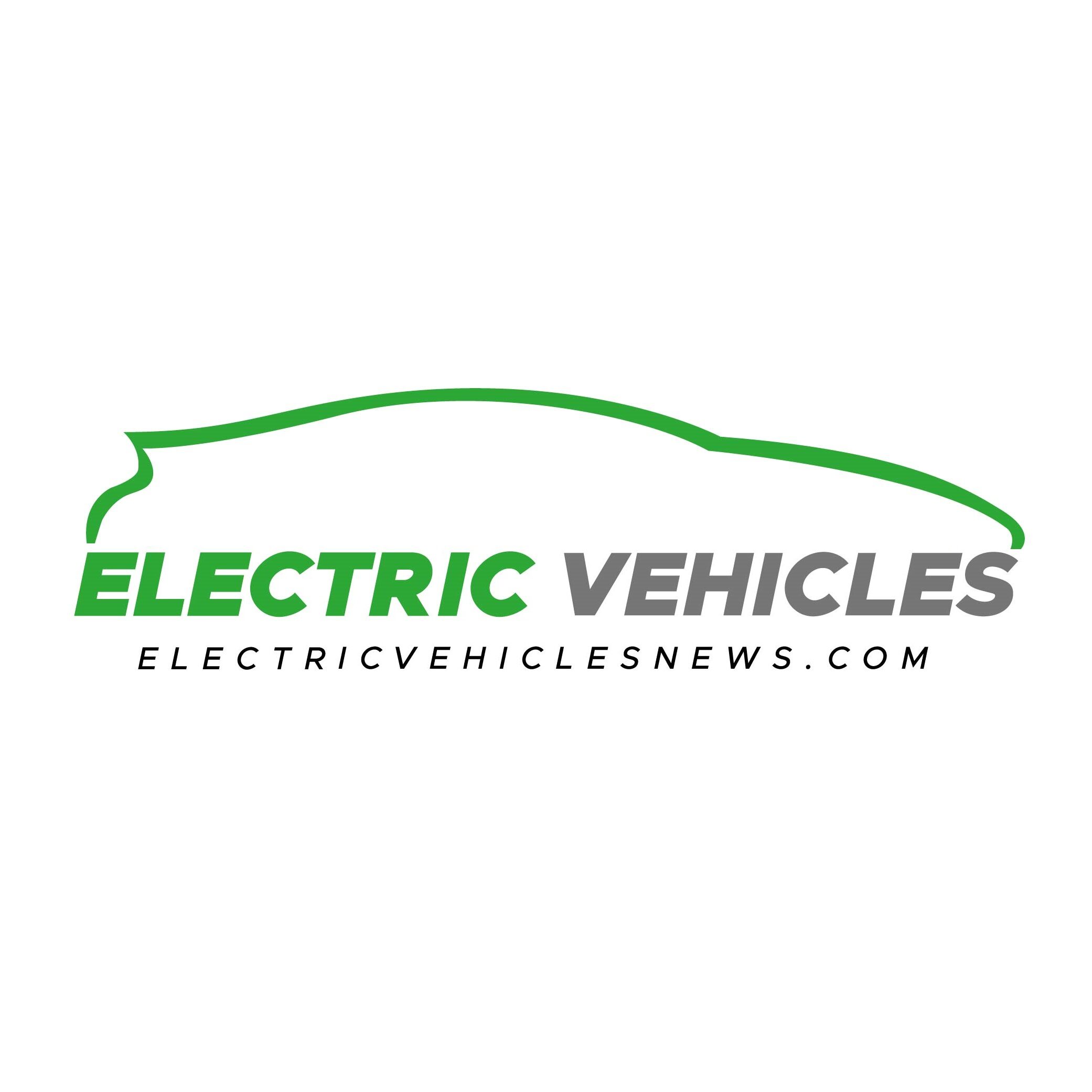Tesla Issues: Recalls, Missing USB Ports, and More We’re breaking down all the recent Tesla issues to keep you up to date.
 |
| Image credit: TeslA |
Tesla is the most popular electric car company in the world, but the company is not without its problems. It turns out that building a car business from scratch and becoming absurdly popular in the process is pretty hard. And it’s been an up-and-down year for Tesla.
People also read: Tesla To Setup Manufacturing In Gujarat, Confirmation Might Come In Vibrant Gujarat Summit 2024
Whether it’s longstanding QA complaints, totally independent beta test criticism, or any other myriad of issues the company has faced, uncomfortable news has become commonplace among its customers and fans.
Also Read:
While Tesla isn’t fire full of problems, there are still plenty of problems, and getting them under control can be tricky. So here are all the current issues affecting Tesla and Tesla owners.
All the issues affecting Tesla right now
Feb 1: Tesla recalls FSD’s ‘Assertive Mode’ feature. Again
Tesla’s Full Self Driving beta has just recalled another update. Assertive mode originally launched in December, only to be pulled two days after drivers had issues with left turns at traffic lights and unexpected stops.
The claimed mode returned last month, promising that cars would “have a smaller following distance, make more frequent lane changes, stay in the passing lanes, and be able to perform rolling stops.”
A rolling stop is when the driver treats a stop sign at the intersection as a yield sign, slowing down instead of coming to a complete stop. According to ABC News, the FSD software allowed the car to run stop signs at up to 5.6 mph. The problem is that rolling stops are illegal in many US states, forcing regulators to get involved.
Officials from the National Highway Traffic Safety Administration (NHTSA) met with Tesla, who reportedly agreed to the recall. While the automaker says it doesn’t know if the feature has caused injuries or crashes, the NHTSA says failure to stop can increase the risk of a crash.
So, an OTA update was released for all 54,000 affected Teslas, recalling the update and ending assertive mode a second time.
Jan 19: A Tesla driver is being charged with vehicular manslaughter after an Autopilot crash
Can a driver be held responsible for something an autonomous car system does? California prosecutors seem to think so, after filing charges against the owner of a Tesla who was involved in a crash while on Autopilot, a crash that resulted in the deaths of two people.
The incident occurred in Gardena, Los Angeles in 2019 with a Model S driven by Kevin George Aziz Riad. Autopilot kicked in when the Model S ran a red light and struck a Honda Civic, killing its two occupants and injuring a Model S passenger.
NHTSA confirmed that the autopilot was active at the time, and Elektrek notes that the autopilot did not have a red light function at the time of the crash. Tesla is also warning drivers to be careful and be prepared to take back control at a moment’s notice.
The Washington Post suggests that this is the first time a driver in the United States has been charged with a crime following a car accident involving a partially automated driving system. So, needless to say, it will be interesting to see how this case plays out and what legal precedents may be established.
Riyadh has pleaded not guilty and is free on bail.
Jan 13: California opens investigation into Full Self Driving Autopilot beta
The consumer beta test of its Full Self Driving Autopilot software has drawn a lot of criticism for Tesla. In fact, there have been a number of high-profile beta-related incidents, prompting the California DMV to “review” its decision not to regulate the software.
In the past, the DMV has claimed that Tesla’s FSD beta isn’t included in its autonomous vehicle program because there’s always a human driver in the mix. Despite its name, FSD isn’t true self-driving, just an enhanced version of the existing Level 2 autonomous software that Tesla calls Autopilot.
Also Read:
However, DMV Director Steve Gordon told Tesla he would reverse the decision “after recent software updates, videos showing unsafe use of this technology, NHTSA investigations into the Highways (NHTSA) and the opinions of other experts in this field.
“If the capabilities of the feature meet the definition of an autonomous vehicle under California laws and regulations, DMV will take steps to ensure that Tesla is operating under the appropriate autonomous vehicle permits.”
Dec 30: Tesla issues recall for most Model 3 and Model S vehicles
Tesla has issued a mass recall of 475,000 vehicles for Model 3 and Model S. It affects Model 3s manufactured between 2017 and 2020 and Model S manufactured from 2014.
For Model 3, the problem comes down to the rear view camera harness that can be damaged by opening and closing the rear trunk. This could leave drivers without access to backup camera footage.
On Model S, a faulty front trunk latch can cause the trunk to fly open, which could be especially dangerous while driving.
Dec 8: Teslas let you play video games while driving
It is possible to play video games on the Tesla infotainment system, this is not really a novelty. But did you know that it is possible to play it while the car is driving? It’s the same after an update earlier this year.
Right now, it looks like Solitaire, Sky Force Reloaded, and The Battle of Polytopia: Moonrise can be played while the car is in motion. Although it is designed for passengers, there are also no measures to prevent the driver from playing. It would be spectacularly stupid, but the fact is that it shouldn’t even be possible.
For starters, the infotainment system is an essential part of a Tesla, especially if you’re in cheaper models that don’t have a behind-the-wheel display. Playing a passenger can also distract the driver, and given how dangerous the cars are, that’s the last thing you want.
Also Read:
Honestly, Tesla should have known better. Like all examples of people sleeping on autopilot, you can’t trust people to always do what makes sense.
Dec 2: Tesla has been found guilty of throttling charging speed (again)
In 2019, Tesla owners began to see significant drops in range, between 12 and 30 miles after a software update. According to Tesla, the update was designed to “protect the battery and improve battery life” and would only affect “a small percentage of owners.”
While another update eventually reverted those changes, affected owners still noted boost speed was slower than before. Naturally, this led to a series of lawsuits.
One such lawsuit in Norway found Tesla guilty and ordered the company to pay 136,000 crowns (just under $15,000) to each affected user. However, Tesla did not show up for the trial and later said he was not aware of what was going on. For this reason, the company received a new lawsuit, which has just ended.
Tesla admitted the change, according to Dagens Næringsliv, but claimed it was not responsible for compensation because “customers were not entitled to any given billing model.” However, it seems that the court did not agree and Tesla was found guilty again.
Also Read:
Although this time he was ordered to pay 130,000 crowns, about 14,300 dollars. That’s significantly higher than the $625 it paid affected homeowners after settling a similar lawsuit in the United States. Naturally, the automaker is taking the case to the district court to appeal the decision, so we haven’t heard the end of this story yet.
Nov 22: Tesla has started adding USB-C ports and wireless chargers to affected cars
After delivering cars to customers without working USB ports or wireless chargers, it appears Tesla has begun updating affected models to bring them compliant.
The issue arose due to global chip shortages and ongoing supply chain problems that plagued the tech and auto industries. Tesla is far from the only automaker that has to remove high-tech features from its cars, but it has come under fire for not informing customers ahead of time.
Reddit and Twitter users have reported that their cars, which were delivered earlier this month, now have the missing components installed. Which is nice and quick, although the fact that it had to be done in the first place doesn’t look good for Tesla.
At a minimum, the automaker should be more open with its customers, letting them know about the problem ahead of time and offering a timeline for fixing it. In other words, be sure to install the USB ports, leaving empty holes in the car, and don’t say anything until asked.
Nov 15 : Tesla’s chip shortage woes mean some cars don’t have USB ports
The global chip shortage is hitting everyone, including Tesla, but now the automaker is shipping Model 3 and Model Y cars without USB ports. First spotted by Elektrek, the delivered Teslas have holes where the ports should be, but nothing behind them.
That’s obviously not very pretty, especially for a company like Tesla trying to maintain a premium feel to its products. Customers aren’t happy either, with several people expressing their frustrations on Reddit.
Also Read:
Others also claim their wireless charging stations aren’t working, while some disgruntled customers claim they weren’t even told about the missing ports until they contacted Tesla Support. Tesla reportedly told a customer that the ports would be installed at a later date, but did not specify when.
Nov 2: Tesla is recalling 11,704 cars over a brake-related software glitch
Tesla recently had to roll back an update to its fully autonomous beta due to a communication failure between two chips. This issue led to issues known as “ghost braking” where the autopilot would suddenly hit the brakes for no apparent reason.
However, Tesla has now recalled nearly 12,000 cars, according to the AP, after the NHTSA questioned why Tesla hadn’t done so already. NHTSA already launched an Autopilot investigation in August, and Elektrek notes that there has been a significant increase in complaints related to phantom braking in recent weeks.
Oct 29: Tesla recalls 2,791 Model 3 and Model Y cars over suspension fault
Tesla has issued a recall on nearly 3,000 Model 3s and Model Ys due to concerns that the front-side suspension link fasteners could come loose. This could affect the alignment of the wheels and increase the risk of an accident.
The recall affects 2019-2021 Model 3 cars and 2020 and 2021 Model Y cars. Apparently, affected owners will be notified by mail by December 24 and the fix will be free.
Also Read:








